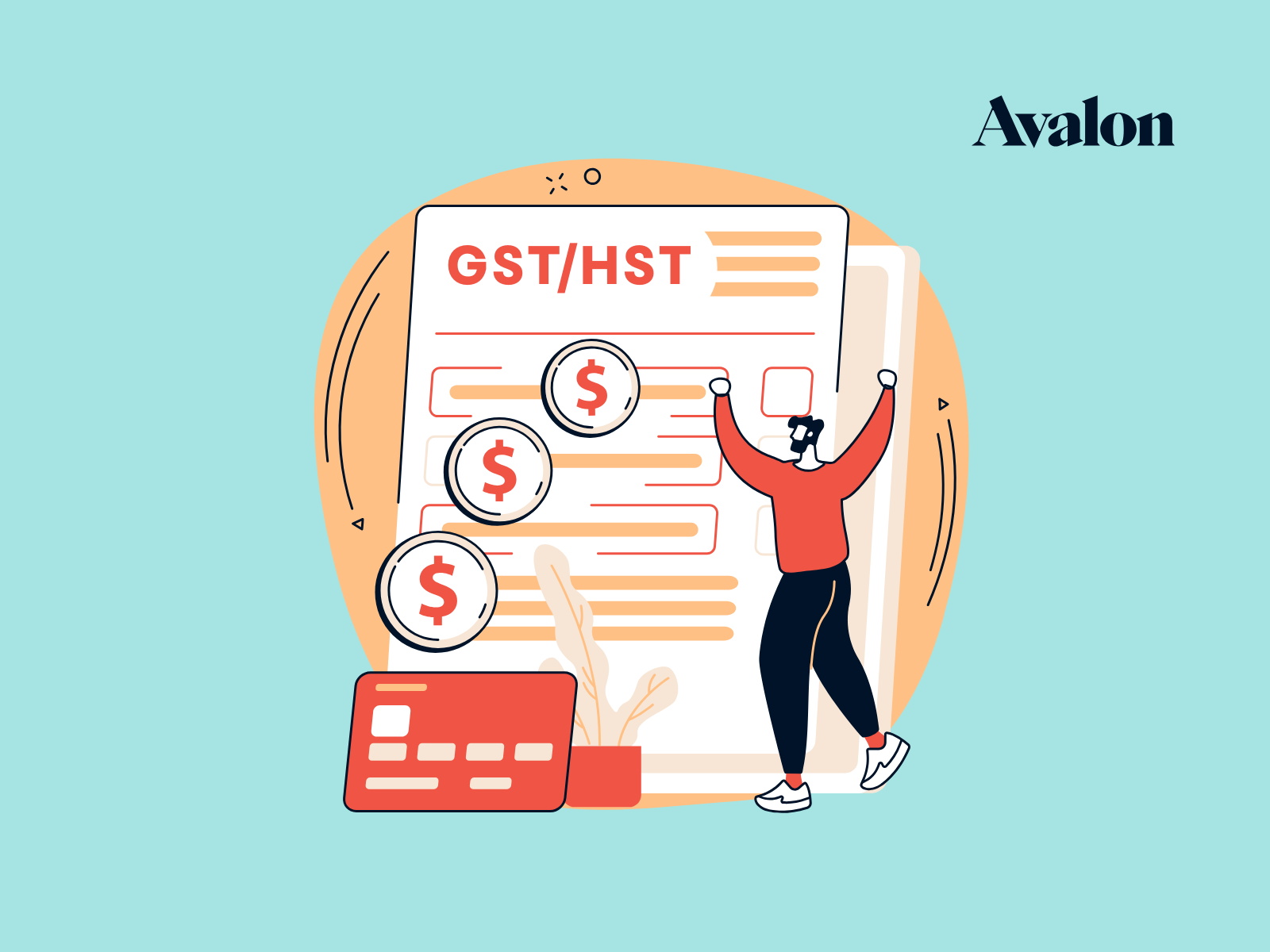If you’ve been overwhelmed by bookkeeping and compliance or are unsure about your financial health, chances are an accountant could be just what you need.
In this article, I’m going to share seven clear signs it’s time to hire an accountant, and how an accountant can support your business.
P.S. Need Joe to explain for you on video? Check this one 👇
All that and nothing else coming up!
When to Hire an Accountant
Now, no matter where you are in your business journey—whether you're just getting started or you've been operating for a while— hiring finance professionals can significantly help keep your business on track.
So, let’s break it down—here are seven clear signs it might be time to consider hiring an accountant.
1. You’re Spending Too Much Time on Bookkeeping
As your business grows, the time you spend on bookkeeping, invoicing, and financial paperwork increases.
If managing your books is taking time away from running and growing your business, it's a clear sign to hire an accountant.
They’ll streamline your finances so you can focus on what you do best, and more importantly, what you enjoy doing.
Learn more about what bookkeeping services can do for your business.
2. You’re Struggling with Tax Compliance
If keeping up with tax deadlines, deductions, and compliance feels overwhelming or you're concerned about making costly mistakes, it’s time to bring in an accountant.
An accountant ensures that you're not missing out on deductions or facing penalties due to late or inaccurate filings.
Say hello to peace of mind again!
3. You’re Lacking Confidence in Your Numbers
If you’re unsure whether your financial numbers are accurate or meaningful for decision-making, it’s a clear sign you need an accountant.
Many small business owners struggle to get a clear, full picture of their business's financial health, which can make informed decision-making difficult.
Without clear, reliable data, making informed decisions about growth, budgeting, or investments becomes a challenge.
An accountant can ensure your financial records are accurate, provide reports that are easy to understand, and offer proactive guidance to help you achieve your goals.
4. You Need Proactive Financial Advice
If you find yourself reacting to financial issues rather than planning ahead, it’s time to consider hiring an accountant.
A reliable accounting partner can provide proactive advice and timely reminders for important financial tasks, such as end-of-year preparations and potential tax deductions.
This approach helps you stay ahead of the game, ensuring you never miss out on opportunities to optimize your finances.
5. You’re Planning to Expand or Scale Your Business
When you’re considering expansion—whether it’s hiring more employees, opening a new location, or investing in equipment—an accountant can provide valuable financial insights and forecasting.
They’ll help you evaluate whether your business is financially ready to take the next step and can help you strategize on budget allocation, assess potential risks, and identify funding options.
6. You’re Unsure About Your Business Structure
Whether you’re contemplating incorporation, choosing a corporate share structure, or adding partners, an accountant can guide you through the legal and tax implications of each option.
They’ll make sure your business structure aligns with your growth objectives and complies with Canadian regulations.
7. You’re Facing Complex Financial Tasks
If you’re dealing with financial complexities—like applying for a loan, preparing for an audit, or handling large transactions—an accountant’s expertise can help you make sound decisions and avoid costly pitfalls.
You should not have to do the heavy-lifting yourself!
Key Takeaway
If you recognize these signs and are ready to take the next step in your business, now would be the time to reach out using our contact form!
The key takeaway here is that whenever you're unsure about your finances, consulting with an expert is always your best bet.
We've highlighted several scenarios where hiring an accountant makes perfect sense.
An accountant can offer valuable insights and strategies at any stage of your business, helping you make informed decisions before small issues snowball into bigger challenges.
Even if you’re not currently facing any specific concerns, seeking expert advice sooner rather than later will most likely save you time, money, and stress down the line.












